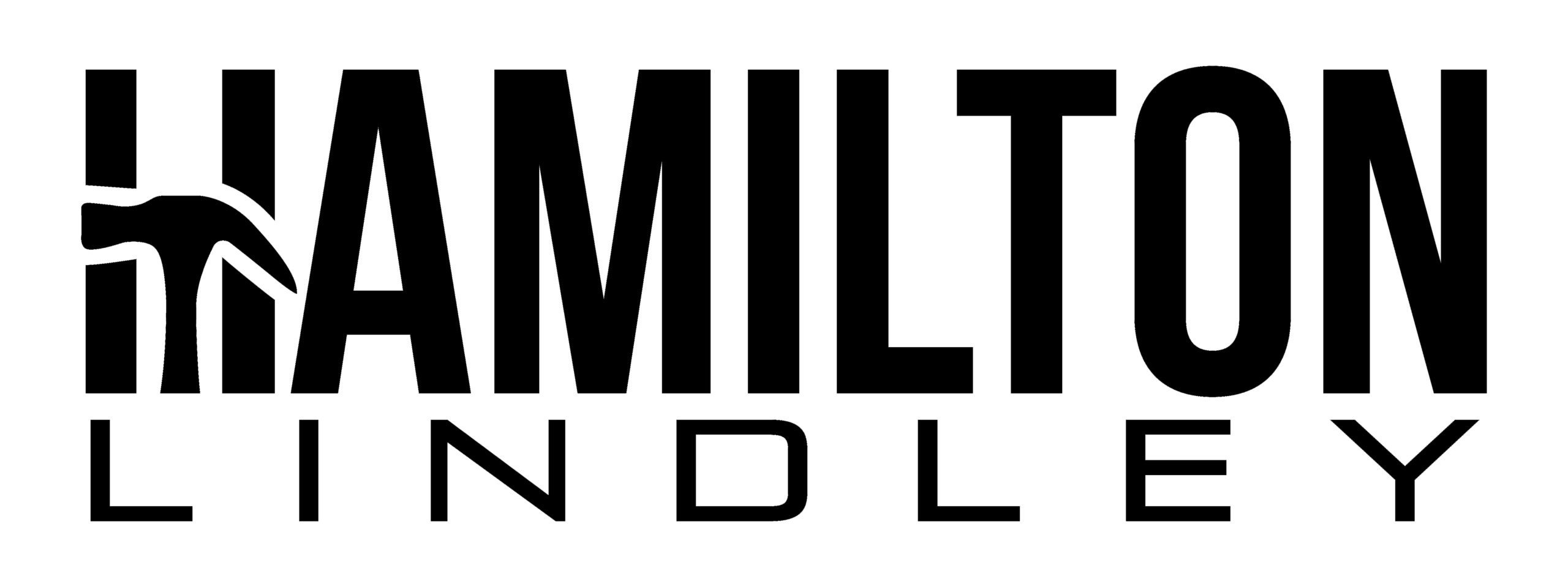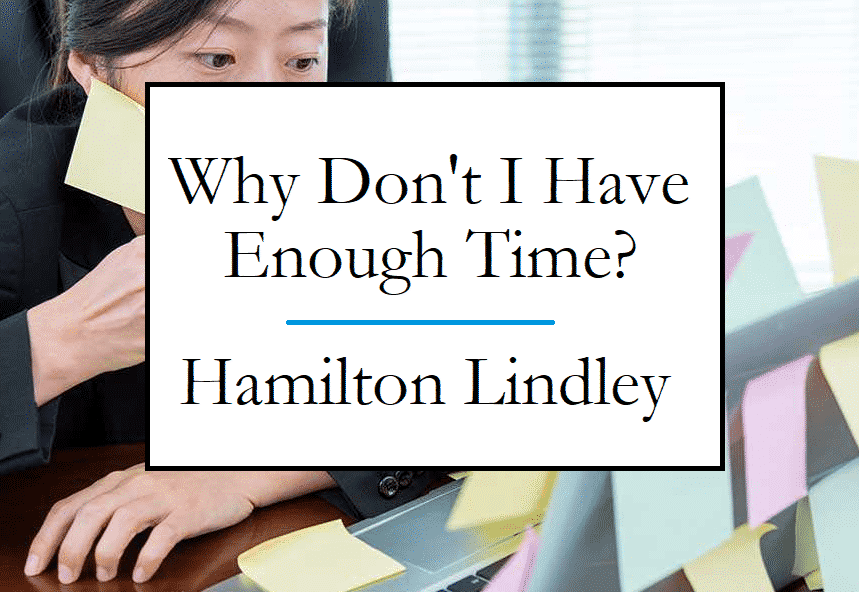You might feel like you’re one of the busiest people in the world when it comes to time. There’s an 80% chance that you have too many things to do and not enough time to do them.
In a study from ten years ago, about half of working Americans said they were “always rushed,” and 70% claimed they “never” had enough time. Just three years later, over 80% said they didn’t have enough time.
Time poverty isn’t just a problem in wealthy countries. Research shows a link between being time-poor and feeling unhappy, less productive, and more stressed. Time-poor people tend to exercise less, eat lower-quality food, and have a higher risk of cardiovascular disease because they compromise when they’re short on time.
So, why do we feel like we don’t have enough time?
Time Trap #1: Sleeping In
Waking up early can give you an advantage, as studies show a connection between waking up early and success. Creating a daily routine helps you stay organized, allowing you to prioritize your time.
Time Trap #2: Technology
While technology saves time, it can also be distracting. Multitasking, especially with technology interruptions, makes us less productive. Constantly checking emails and notifications during downtime takes away time and reduces the quality of free time.
Time Trap #3: Focus on Money
Our culture often teaches us that money will bring happiness instead of time. Studies show that money can protect us from sadness but doesn’t guarantee joy. Focusing on getting rich doesn’t necessarily lead to a happier life.
Time Trap #4: Undervaluing Time
We tend to protect our money more than our time. People with enough money but not enough time often choose more money over more time. We need to learn to value our time appropriately.
Time Trap #5: Busyness as Status
Being busy is often seen as a status symbol, driven by the desire for money. Employers may reward constant busyness, even if it’s more for show than actual productivity.
Time Trap #6: Fear of Idleness
Humans tend to avoid being idle. The fear of boredom or being alone with our thoughts leads us to stay busy, even during recreation time.
Time Trap #7: Optimism About Tomorrow
We’re too optimistic about having more time tomorrow. This leads us to overcommit, thinking we’ll have more time in the future.
In conclusion, identifying the time traps that affect you personally is crucial. Overcoming these traps requires intentional, small steps to become more time-rich. Recognize these traps and create more meaningful moments every day to achieve a better balance in your life.

